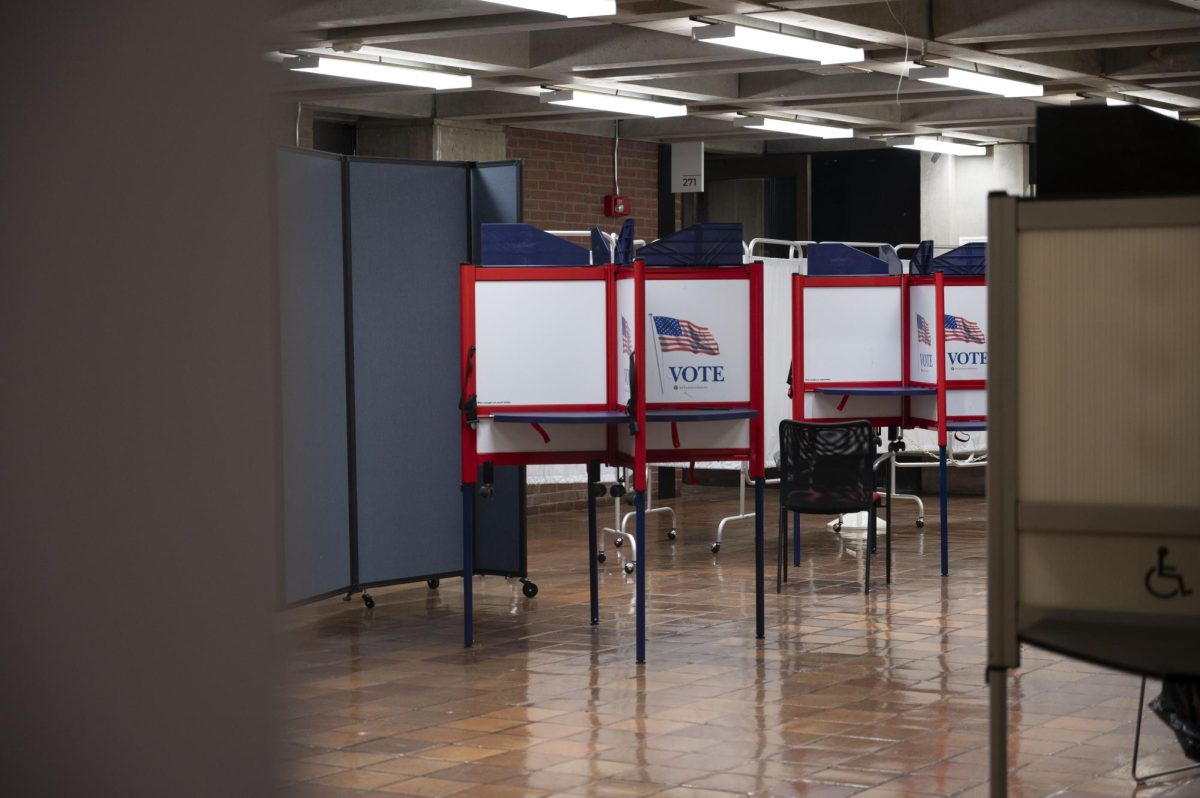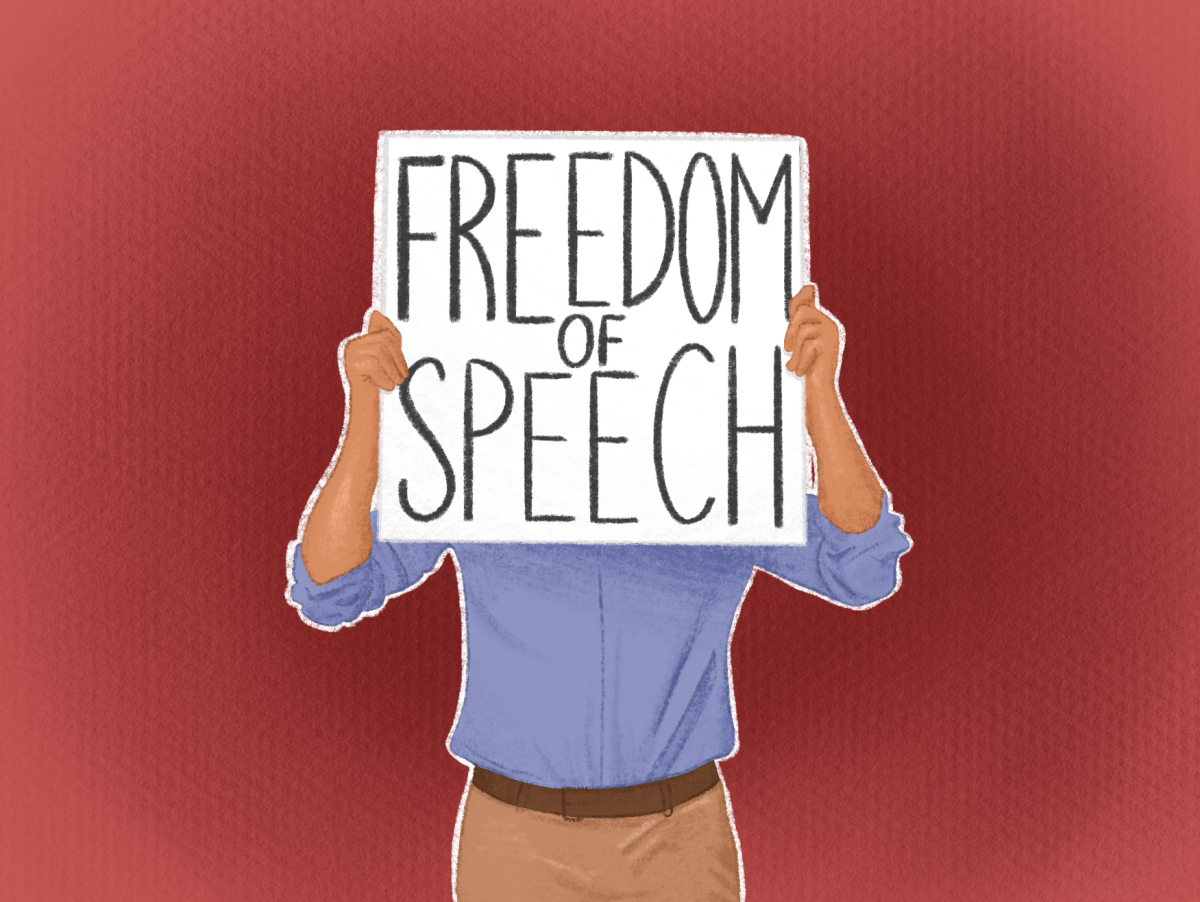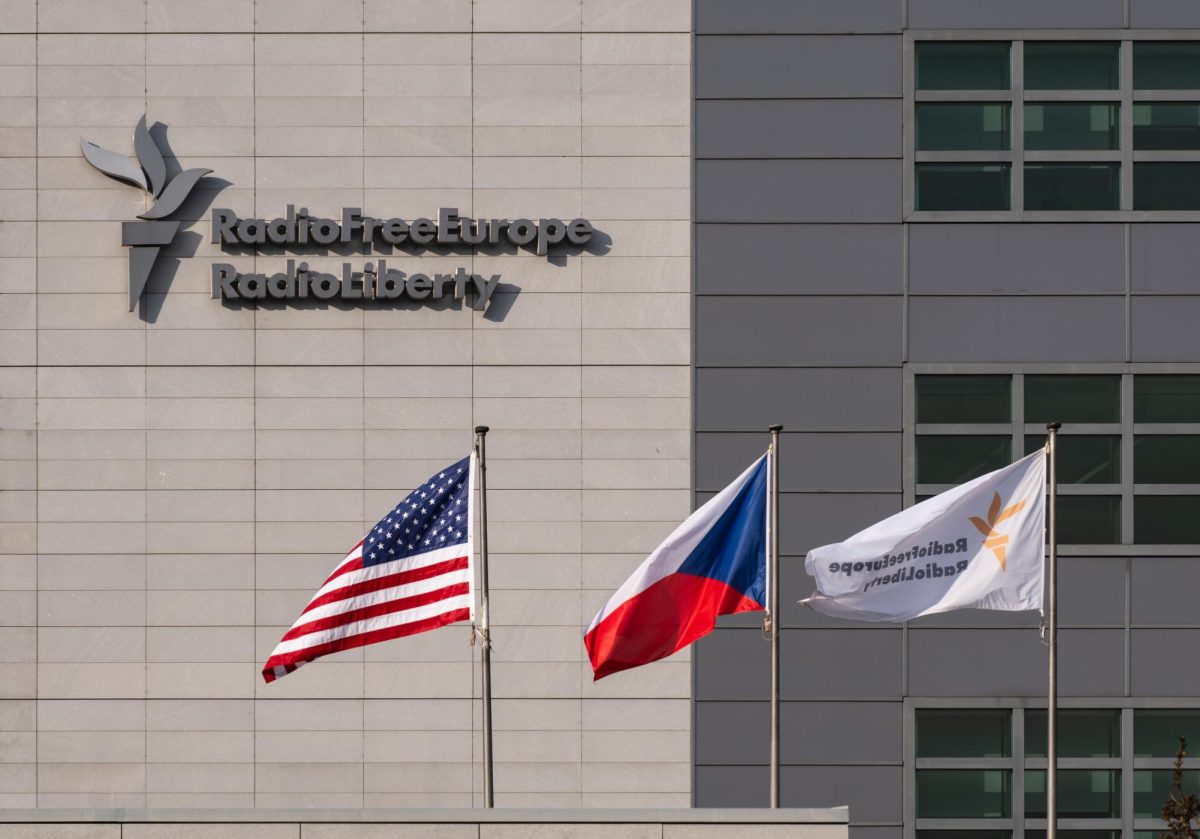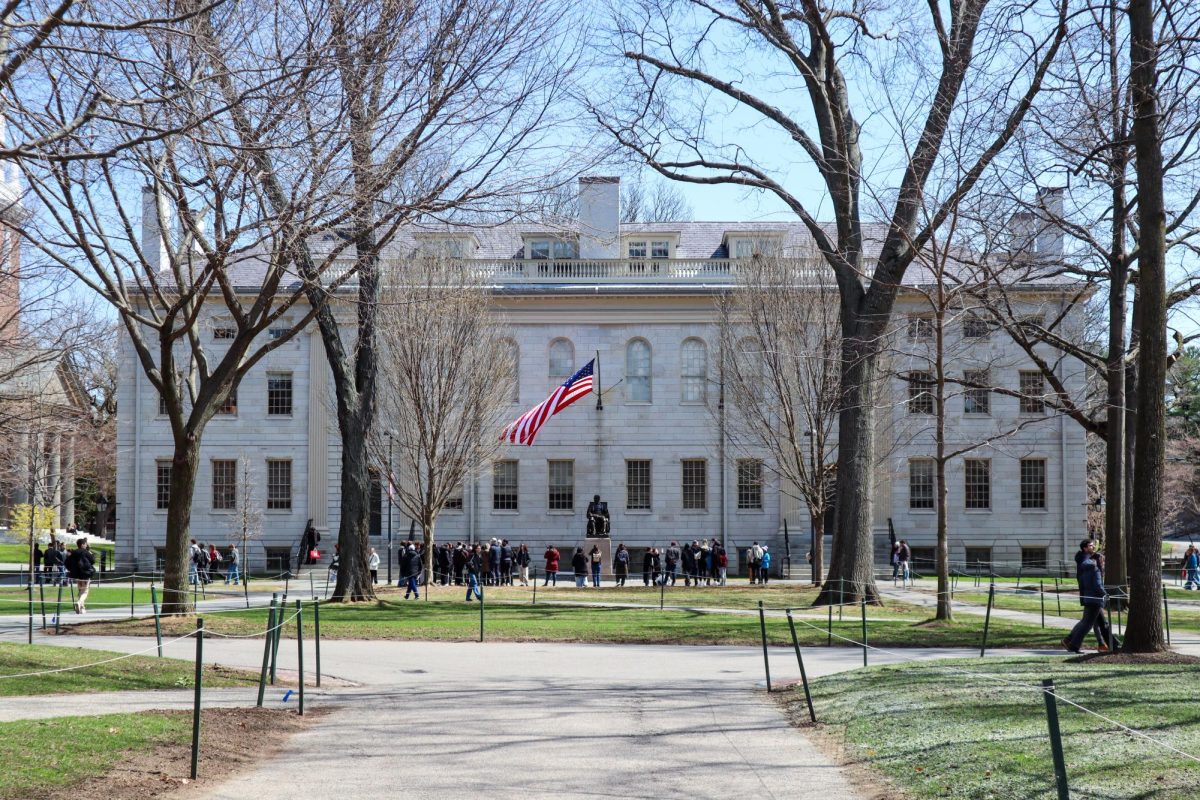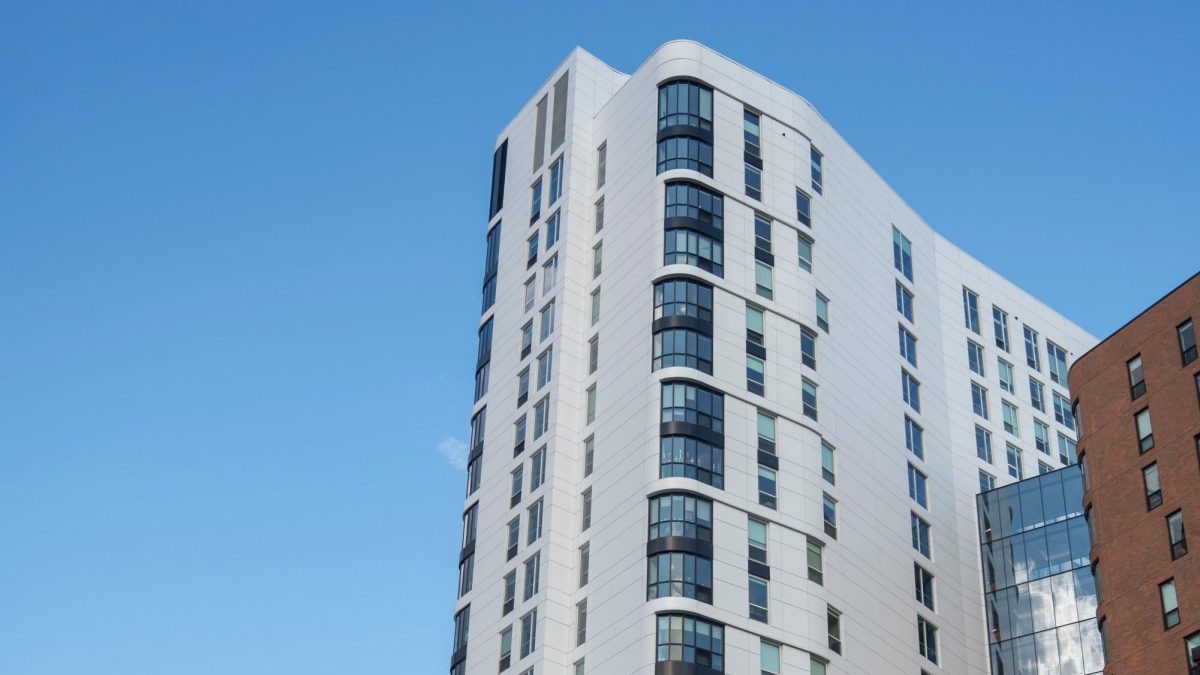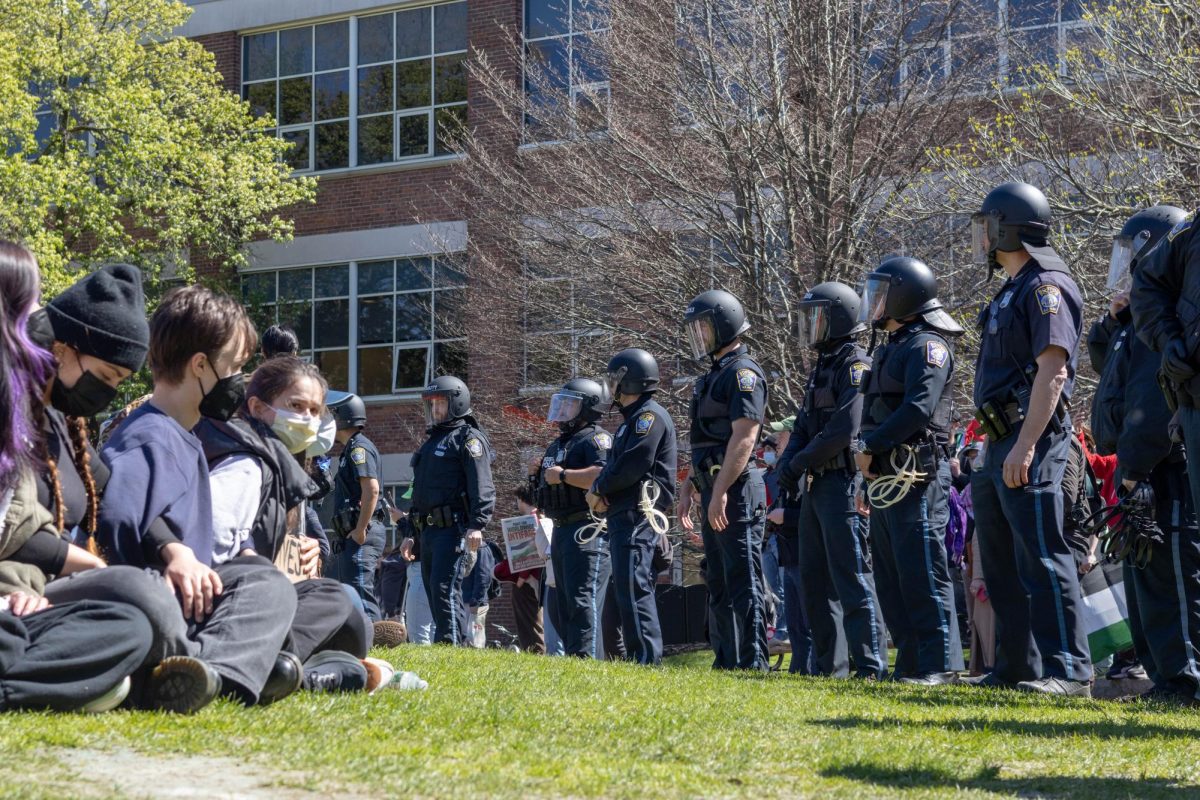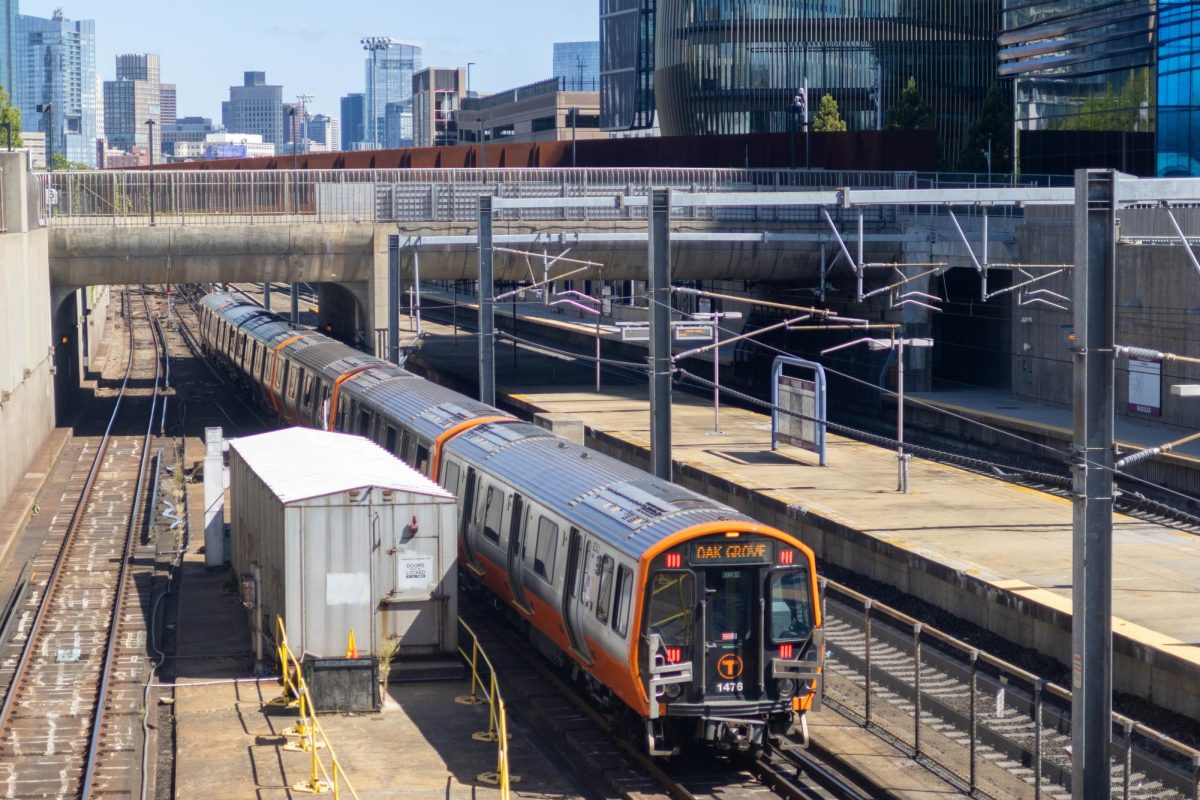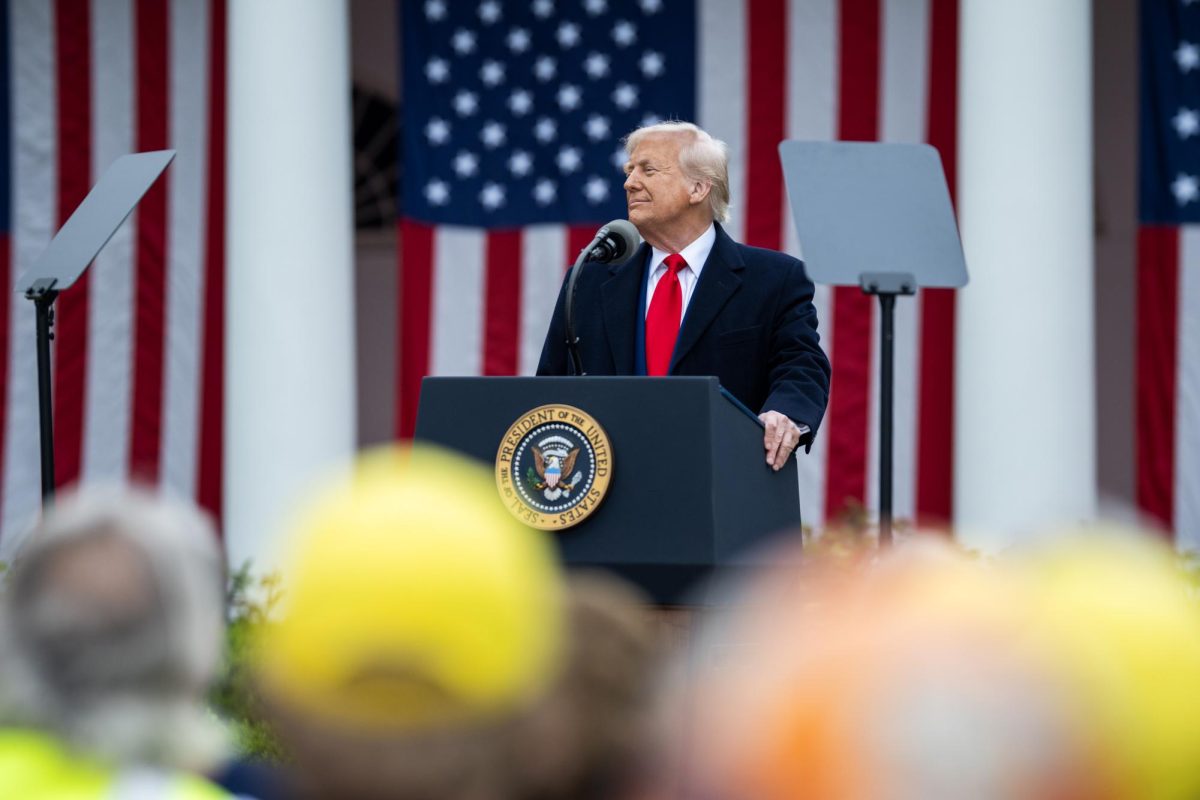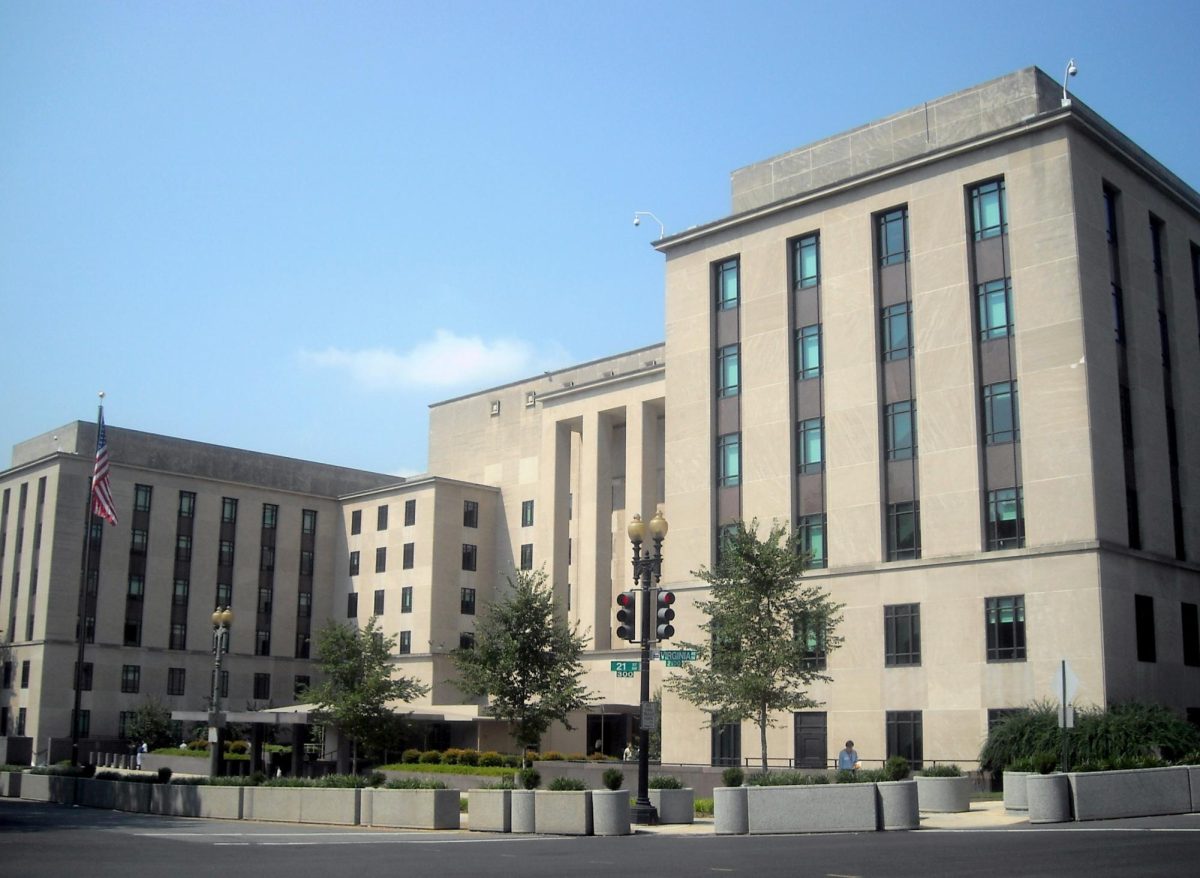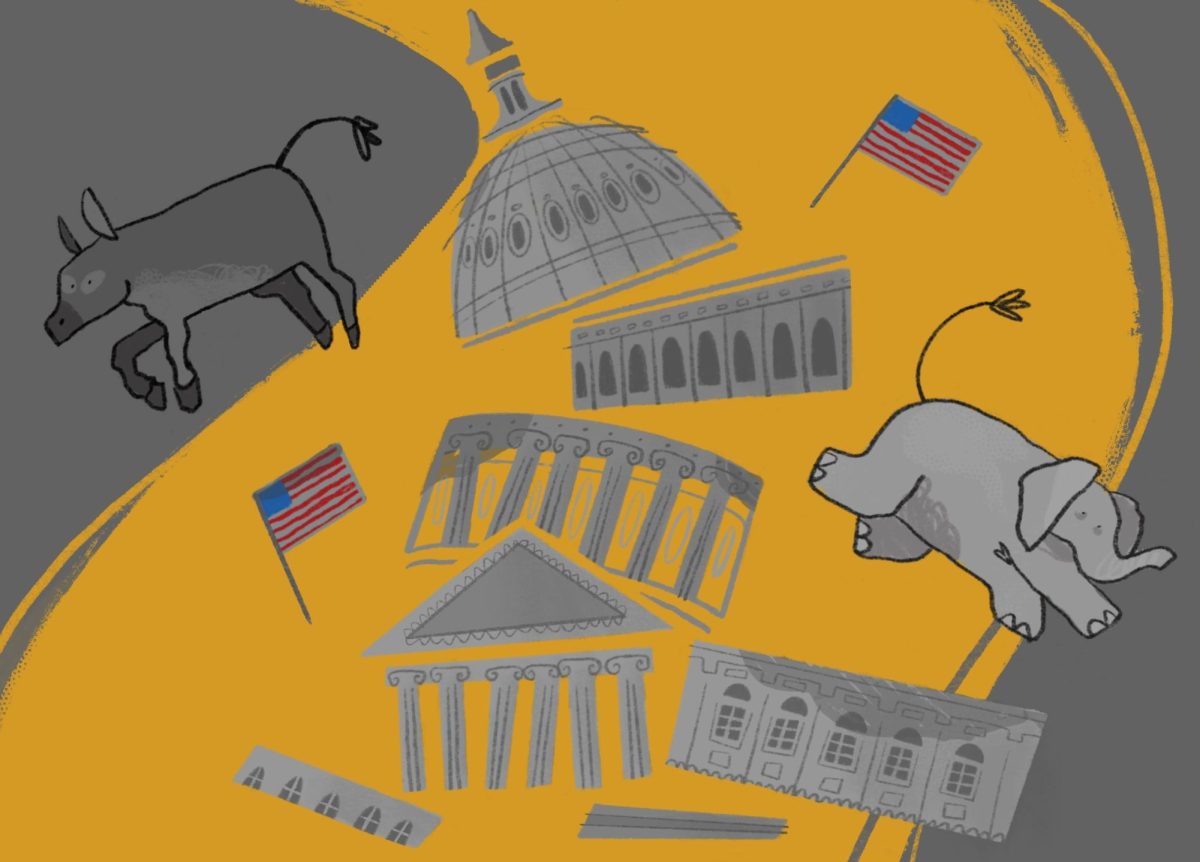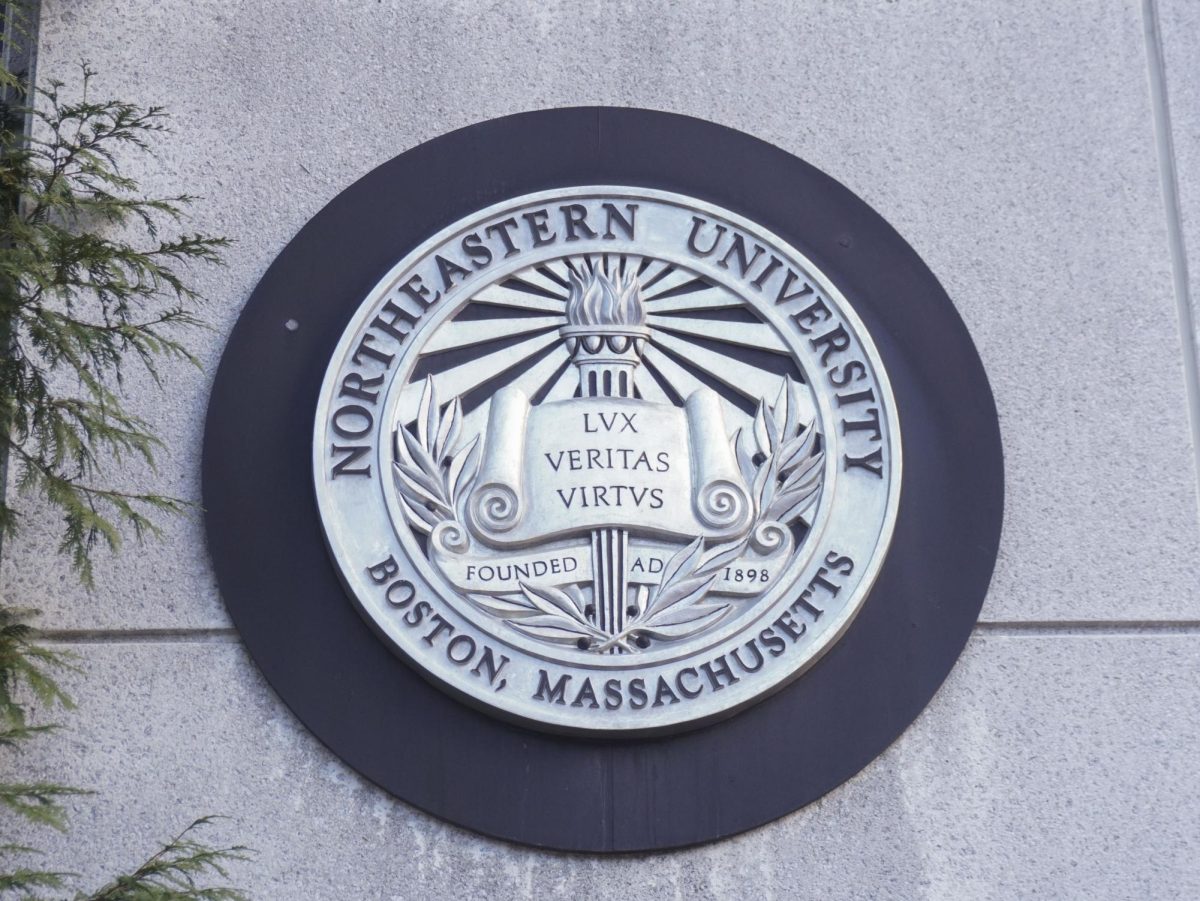Whether we learn the results of the 2024 presidential election tonight or in the upcoming days, numerous factors will determine whether Donald Trump or Kamala Harris wins the election. Voter fraud is not one of them.
Trump has spent years priming his voters to believe otherwise. After unsubstantiated claims of voter fraud led Trump supporters to storm the United States Capitol Jan. 6, 2021, the former president has spent much of his current campaign professing that Democrats will try to rig the 2024 election “once again.”
Trump ramped up these accusations Oct. 29, arguing that rampant voter fraud was occurring in the key swing state of Pennsylvania. His post on the app Truth Social read, “Pennsylvania is cheating, and getting caught, at large scale levels rarely seen before. REPORT CHEATING TO AUTHORITIES. Law Enforcement must act, NOW!”
As voters, we must now ask ourselves: Where are these claims coming from?
Proponents of the election fraud conspiracy believe that individual Democrats are stealing others’ identities, voting multiple times or illegally voting as non-U.S. citizens and felons, in order to skew the election in Harris’ favor. At the systemic level, conspirators are also convinced that poll workers are plotting to purposefully discount or tarnish Republican votes.
Of course, claims of widespread election fraud are untrue. There is no evidence to suggest that it occurs beyond isolated — and often unintentional — instances, which are currently so rare that they could not make a tangible impact on the election results.
However, evidence disproving systematic voter fraud has not done much to stop these rumors from spreading. Beyond being flat-out false, such conspiracies pose a real threat to Americans’ faith in each other and our democracy.
Once lost, this faith may be impossible to fully recover.
Jan. 6, 2021 showed us exactly how this rhetoric leads to violent outcomes. While death threats were primarily aimed at high-level government officials such as former Vice President Mike Pence or Speaker of the House Nancy Pelosi, the tragic injuries incurred by police officers — and even the insurrectionists themselves — exposed how election conspiracies cause harm to everyday people, not just those in power.
This election has increasingly seen blame for voter fraud trickle down to an individual level, targeting even the low-level volunteers who stand behind poll booths at local school gymnasiums. A Brennan Center survey conducted earlier this year found that 38% of local election officials experienced threats, harassment and abuse simply for doing their jobs on election day.
Although citizens should absolutely be encouraged to question their government and its every process, the voter fraud conspiracy has gone too far. These claims, inspired by the seemingly noble ideal of being a “government skeptic,” have only translated to a paranoid suspicion for our fellow neighbors, local public servants and the journalists and researchers who have disproven these claims.
So while a healthy skepticism of our government is important, these doubts can quickly become dangerous when they are rooted in the unfounded and hostile claims that are central to the voter fraud conspiracy.
Distrusting our government’s ability to carry out proper elections – despite our history and all available evidence saying otherwise – is not a brave or prudent undertaking; rather, it is the funneling of trust into a political leader at the cost of goodwill toward our neighbors.
Election fraud fears halt our progress not just as community members, but as a country. After a polarizing election season filled with heated debates and jabs at opposing parties, the inauguration of a new president is supposed to be about mending the wounds of division. While cheerful cooperation has never quite been the norm in a politically polarized United States, it becomes virtually impossible when the legitimacy of the election is negated in the first place. Election conspiracies prevent legislative progress by putting the focus on a party’s past “wrongdoing” — rather than the country’s future “to-do.”
Further hampering our democracy, these conspiracies have provoked states to implement restrictive voting laws, such as ones which limit voter registration windows or require voters to show proof of citizenship. As they may prevent voters from showing up to cast their ballot, these laws accumulate in voter suppression that undermines our democracy more than the so-called fraud it’s trying to prevent.
In this way, fears about voter fraud have not only halted, but reversed, our country’s progress. If these claims are so detrimental, what can we do to minimize their spread?
Paul Petruska, a poll worker from Georgia, shared one solution with CBS News. “Stay off the internet. Listen to the people, come down here and talk to us,” Petruska said. “Fact check with more than Facebook and TikTok.”
Regardless of whether it gets chanted in the coming weeks, no one needs to “stop the steal” of the presidential election. Rather, we need to focus on the real issues Americans face — which now includes the daunting task of restoring trust in our democracy.
Samantha Denecour is a fourth-year English and political science combined major and columnist for The News. She can be reached at denecour.s@northeastern.edu.
The Huntington News is dedicated to serving the Northeastern University community with original, professional reporting and creating an environment in which student journalists can learn from one another. Support an independent, free press at Northeastern University with your donation today.



